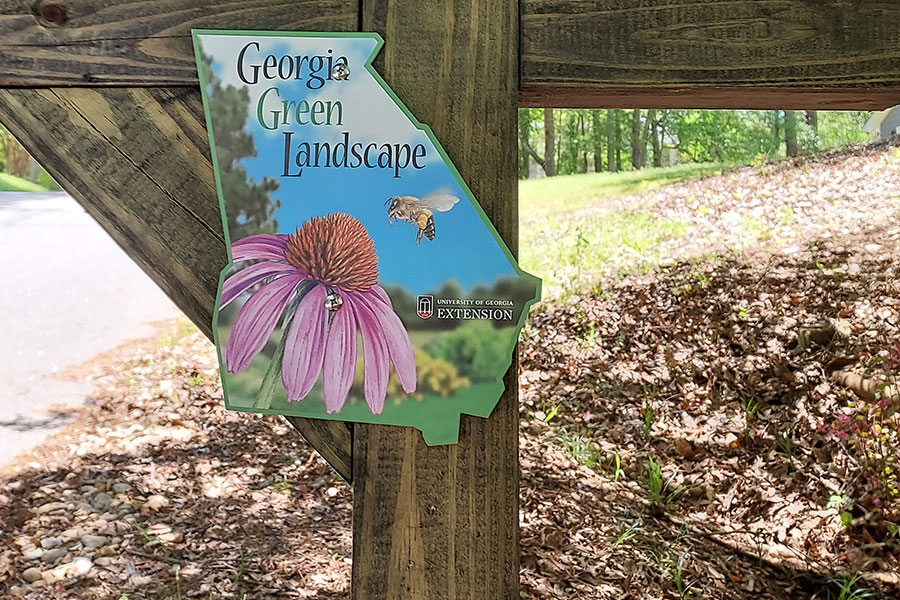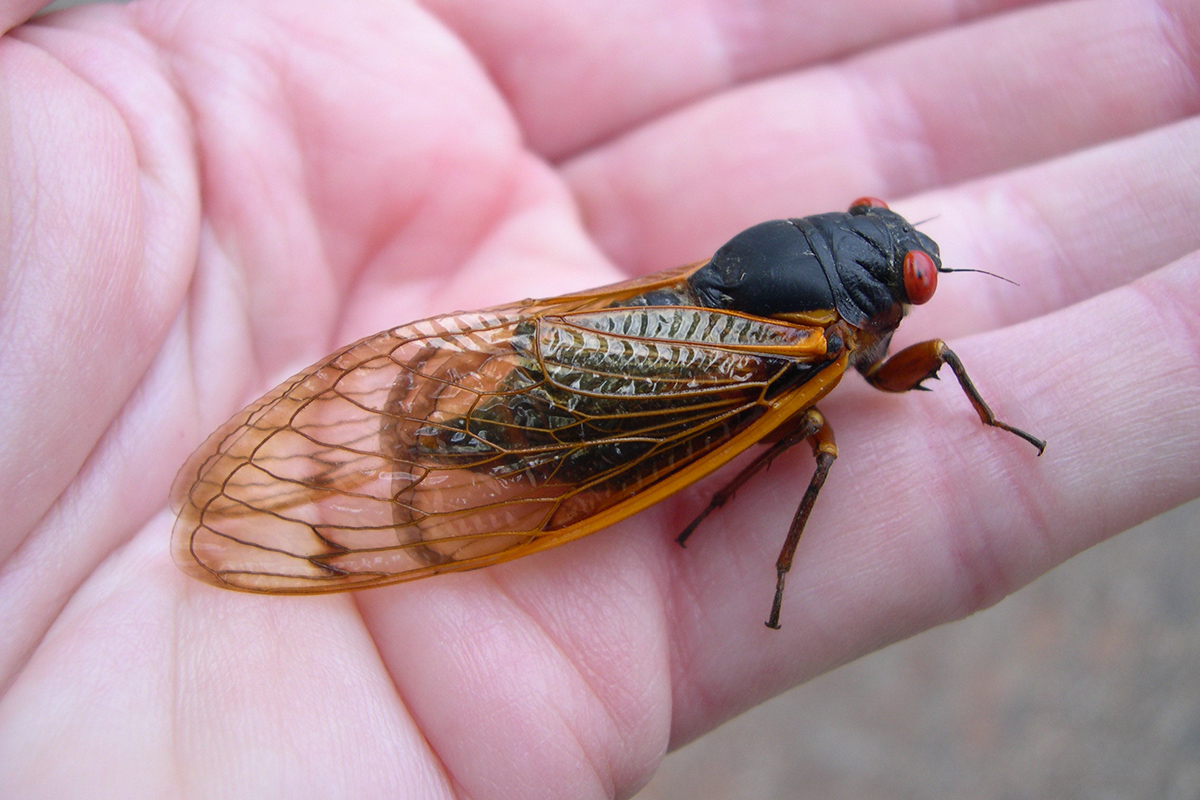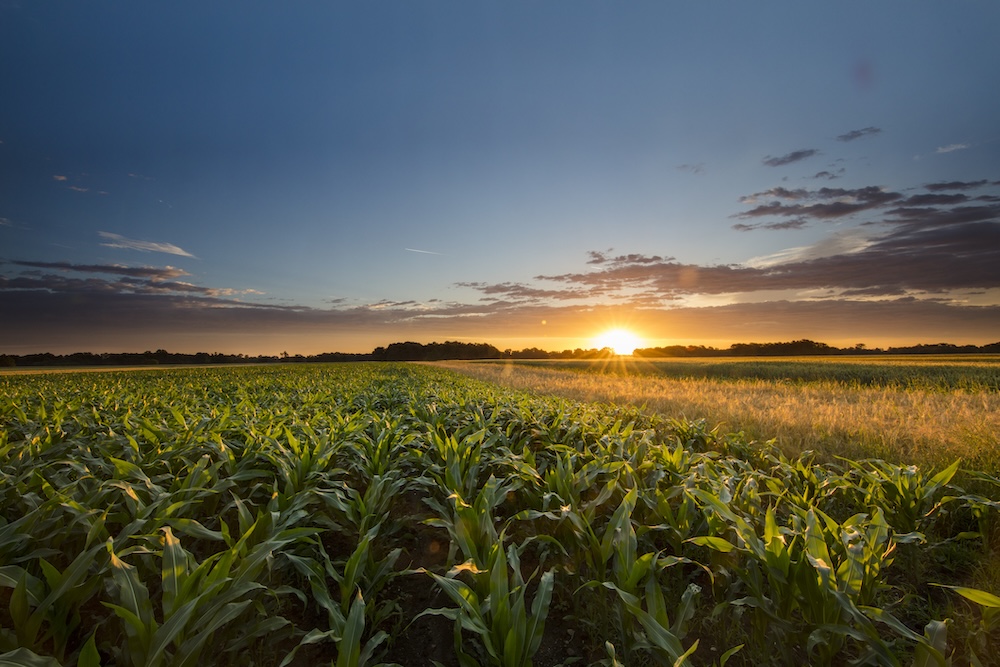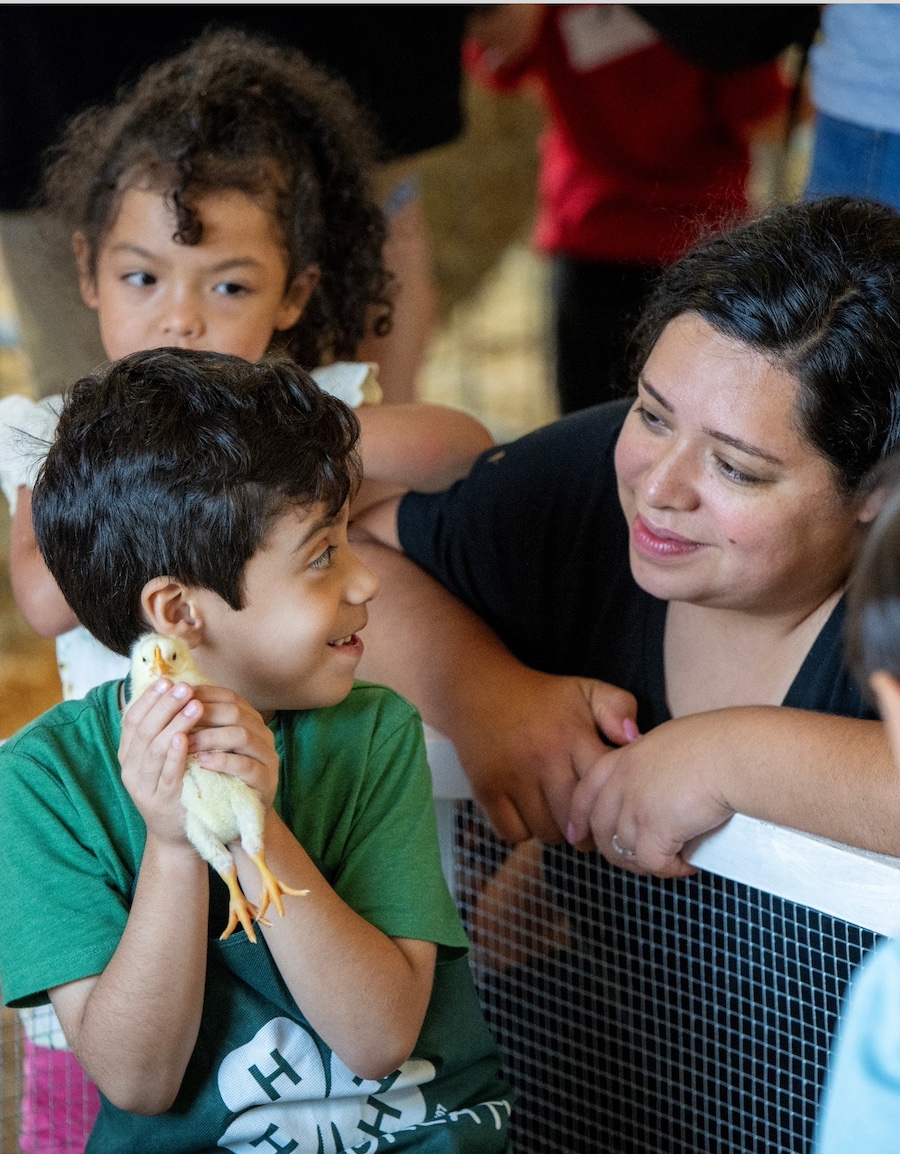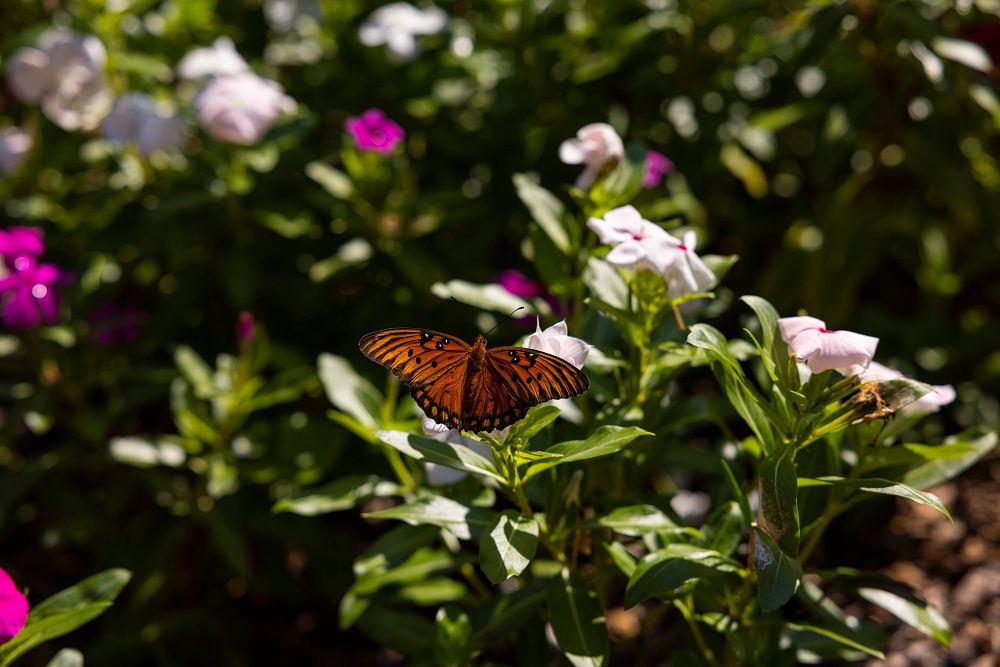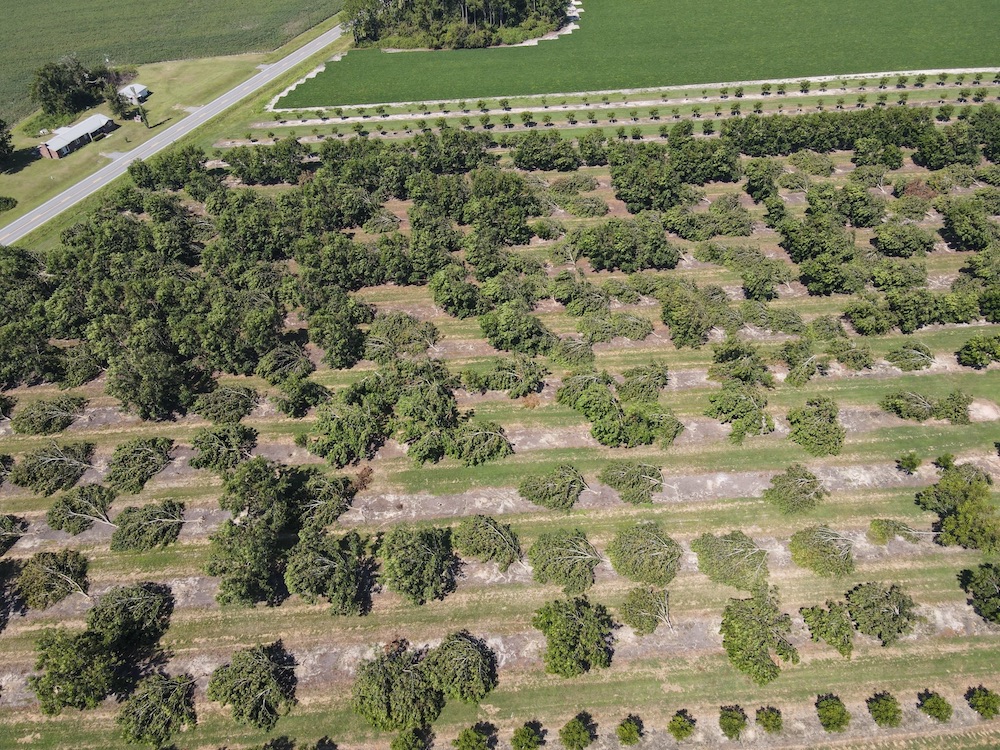 CAES News
CAES News
Addressing Food Waste
A new national grant program administered by the Southern Sustainable Agriculture Research and Education (SARE) program will pump more than $10.2 million into research to address food loss and waste in the region. Supported by the U.S. Department of Agriculture’s National Institute of Food and Agriculture, the SARE Community Foods Project Food Loss and Waste Training and Technical Assistance Grants Program is seeking grant proposals from applicants working in the public sector on food loss and waste prevention.

